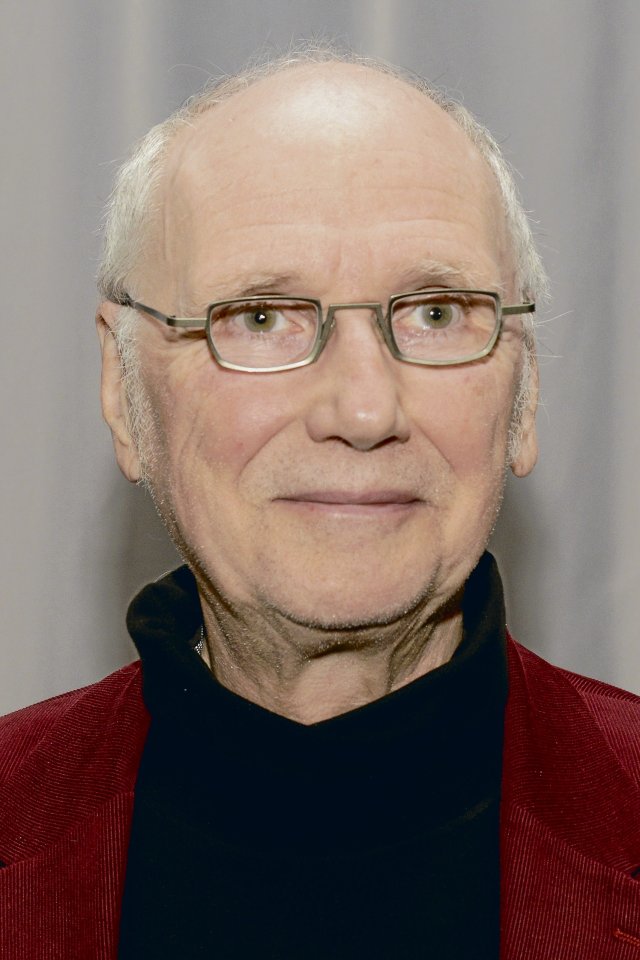Workers on the assembly line have increasingly infected each other with Corona during the pandemic.
Photo: dpa
Is there now more precise information about the long-term consequences of Covid diseases for individual professional groups?
Unfortunately, we only have very inaccurate numbers in Germany. We have a significant under-reporting of diseases, we have a very poor epidemiology, in contrast to Great Britain, for example. We know from British research that people who have to work hard physically, who had a lot of physical contact and no chance of working from home were more than twice as likely as others to be affected by severe Covid courses and had a more than double risk of death.
What is the estimated number of people suffering from the long-term consequences of a corona infection?
I estimate that at least 300,000 people in Germany are suffering from Long Covid, some with very severe suffering. In particular, I am thinking of the so-called Chronic Fatigue Syndrome (CFS). A significant proportion of those suffering from it come from the health and social sector. But workers on the assembly line who worked head-to-head have also increasingly infected each other, and many of them are now suffering from the long-term consequences.
What are the symptoms of CFS?
The main symptom is severe exhaustion; some of those affected have difficulty climbing the stairs to the next floor even after two years. CFS is not a mental illness. More and more biomarkers are becoming known in research that show that people are by no means imagining things. You are really sick.
Interview

Helmut Roos
Wolfgang Hien is an occupational and health scientist and researches, among other things, work-related illnesses. As part of his teaching position at the University of Bremen, he conducted qualitative interviews with Long Covid patients.
You conducted interviews with Long Covid patients in a research seminar at the University of Bremen. Who were the respondents, what were the results and what can they contribute to the social debate about Covid and its consequences?
We have made contact with self-help groups. There were many people affected there, often people who had previously – as the saying goes – lived their lives to the fullest, often people who were very active in sports. The shock is of course particularly great when everything or a lot of things no longer work. The experiences that these sufferers have had with our social system are an additional problem that makes life difficult for those affected. It starts with many doctors saying that Long Covid doesn’t exist, or that they don’t know about it, can’t say anything about it and ask patients to go somewhere else.
Why do you also criticize the health insurance companies in their handling of Long Covid?
They usually put pressure on people and assume that people are malingerers. I find that outrageous. We were told about a case where sick pay was simply stopped. Almost everywhere, those affected experience rejection, incomprehension and disbelief.
They report that the professional associations do not deal better with people suffering from Long Covid.
Craftsmen and factory workers with Long Covid have told me that their trade association has not even confirmed receipt of the notification. If she did confirm receipt, she immediately made it clear that there would be a denial anyway, that the infection could only have occurred in the private sector and not at work.
nd.Kompakt – our daily newsletter
Our daily newsletter nd.Compact brings order to the news madness. Every day you will receive an overview of the most exciting stories from the world editorial staff. Get your free subscription here.
What social consequences does Long Covid have for those affected?
A significant number of people suffering from Long Covid have lost their jobs, are living on reserves or have even slipped into receiving community benefit. For me as a social researcher, there is consistent social stigmatization, discrimination and exclusion. One interviewee said clearly: “If you are no longer productive, then you no longer count for anything in our society.”
Scientific journals did not want to publish their results. On what grounds and how do you evaluate the refusal?
My research just falls through the cracks. They are not medical in the strict sense, nor are they psychosomatic, but they are not strictly sociological either. I would say my work is similar to how medical sociology was done in the 1970s. But that is no longer in vogue in today’s scientific scene. Above all, the fact that I criticize the actually existing social policy is far too political for the specialist journals oriented towards the public health concept.
After the publication of the RKI protocols, the mask requirement during the pandemic is being criticized again. Rightly so?
In my opinion, many illnesses could have been prevented if the correct use of FFP2 masks had been practiced in companies years ago, when it was clear that pandemics were coming. When the argument now comes from the left that masks are of no use because the viruses are much smaller than the pores, then this infinite lack of knowledge just makes me sad. Airborne infections only work via droplets. Viruses are always bound to cells and droplets and they can be easily stopped with an FFP2 mask.
Have you worked on chronic fatigue syndrome before?
In my research into the life course of people with cancer, I repeatedly came across CFS. After chemotherapy, people are often severely impaired, get tired quickly and are often no longer able to last a day at work. This is neglected in science and therefore also in the socio-political discussion.
